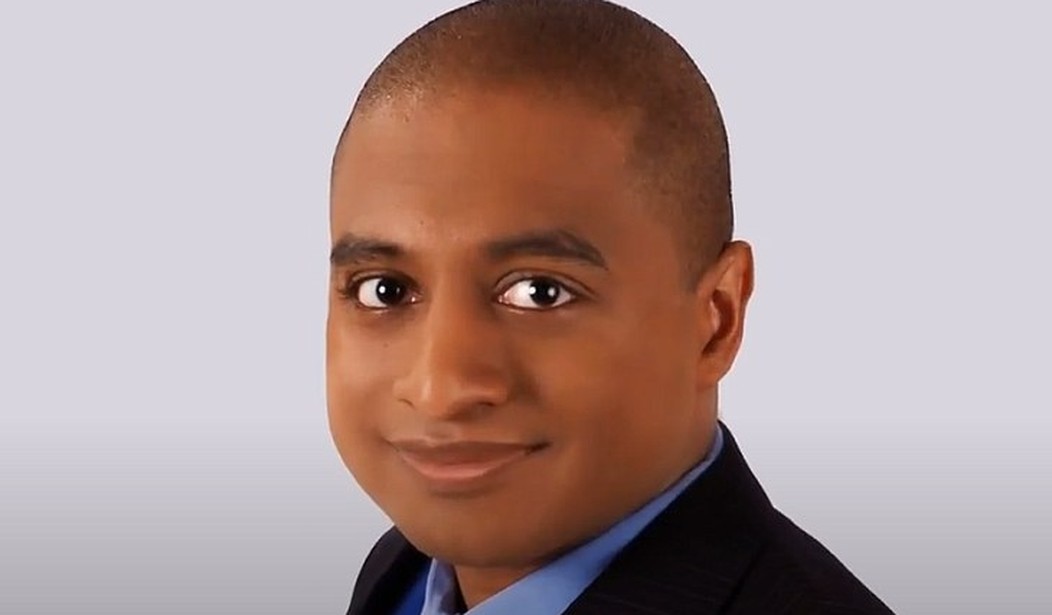Vijay Jojo Chokal Ingam, brother of Hollywood actress Mindy Kaling, claims he pretended to be black to gain acceptance into medical school despite only so-so grades. He released a book in 2016 called “Almost Black: The True Story of How I Got Into Medical School By Pretending to Be Black” describing his winning strategy and the details of how he pulled it off.
On Sunday, he dropped an op-ed for the NY Post saying that he thinks that the Supreme Court got it right with their recent affirmative action decision but colleges and universities will likely try to find a way around it.
First, his backstory:
I know first-hand why Americans should make sure [that the SCOTUS ruling is enforced.]
Back in 1998, I knew my odds of getting into medical school, as an Indian-American, would be better if I were black.
So, being dark-skinned, I pretended I was black — and got accepted, despite a mediocre 3.1 GPA.
He didn’t last long, though:
Once there, though, I found the going rough and dropped out.
That made me realize that affirmative action really doesn’t really do anyone any favors.
And it’s unfair to those who are excluded even though they were more deserving than those admitted on the basis of race.
His last sentence is quite simple, and yet it sums up the whole debate neatly.
Here’s a video hyping his 2016 book explaining how he altered his appearance and name and how his life changed because of it:
Ingam agrees with the Supreme Court ruling, but he notes the things could still get difficult ahead:
The Supreme Court’s decision banning college-admission based on race was a good first step, but the challenge now is to see that schools abide by it.
Indeed, no sooner did the court rule than President Joe Biden vowed not to let the decision “be the last word.”
Ingam is concerned that schools and universities will find tricks and workarounds to basically ignore the Court’s verdict. Many were obviously enraged by the end of affirmative action, as he points out:
After the decision, colleges and universities displayed a range of reactions — from reluctant acceptance to outright defiance.
More than a 100 colleges and universities, including the entire Ivy League, had filed amicus briefs backing Harvard and University of North Carolina’s admission practices, which the court now deemed discriminatory.
These schools have collected tens of billions in taxpayer dollars and sent millions of rejection letters to applicants whose only fault may have been their race.
He goes on to explain that schools will likely resort to tactics like one already uncovered by the advocacy group Students for Fair Admissions (SFFA). They will find other traits besides race to ensure that merit is not the only factor in deciding who gets in:
In the case against Harvard, SFFA’s attorneys unearthed the school’s use of “positive personality traits” as a guise for Harvard’s affirmative-action admission practices.
Theoretically, schools that had endorsed affirmative action could continue to cloak such discriminatory practices in defiance of the court. They could employ stealthy, complex admissions algorithms that make it hard to identify their illegal scheme.
Gauging the sincerity of commitments to comply and scrap these practices will indeed be a formidable task.
Ingam has an interesting story to tell, and he’s right that colleges and universities will fight this tooth and nail and probably come up with some ethically-dubious workarounds. That would be a bad thing because, as he writes, “Americans will be better off when we no longer have to worry about legally sanctioned discrimination — against people of any race.”















Join the conversation as a VIP Member